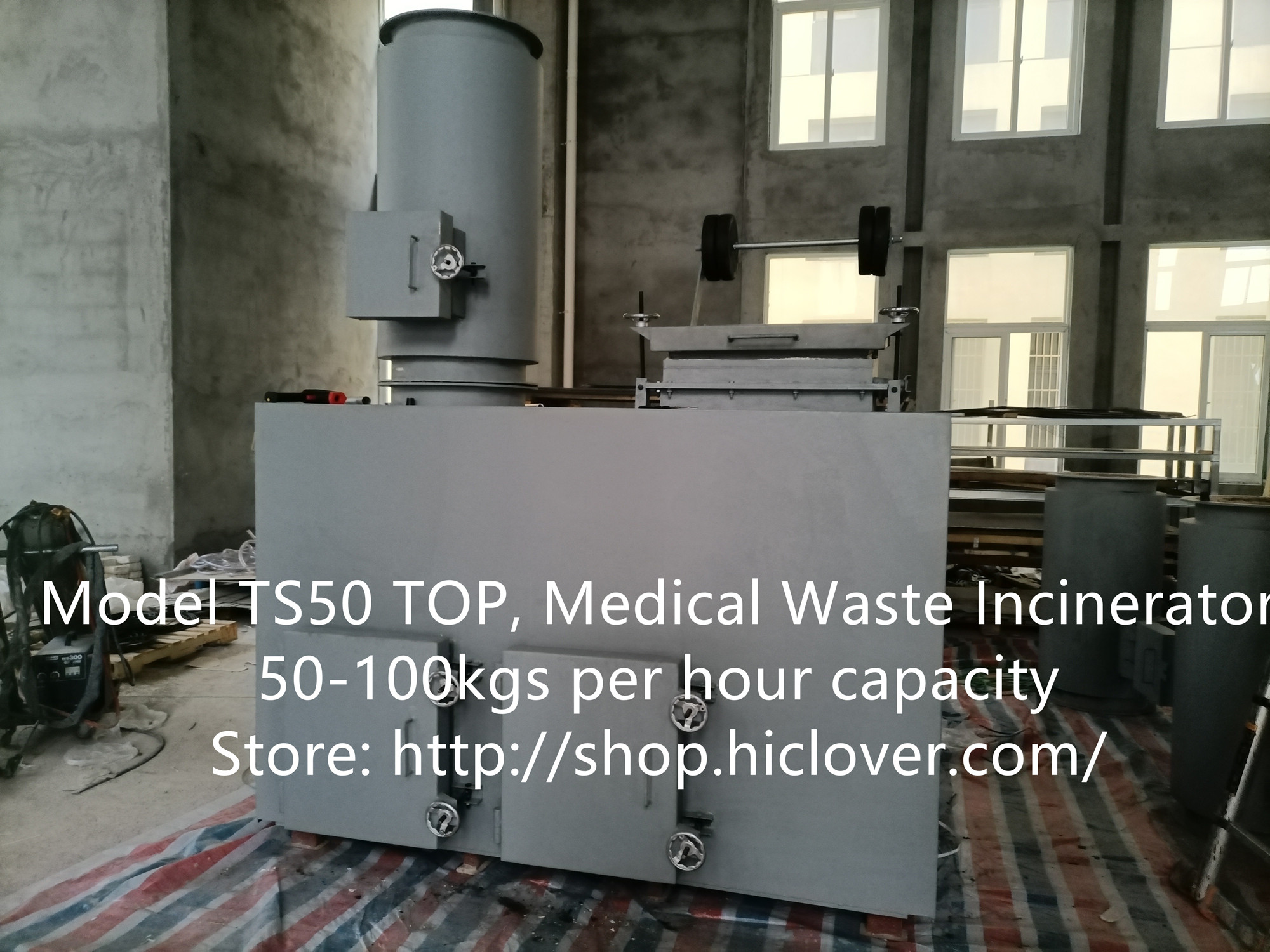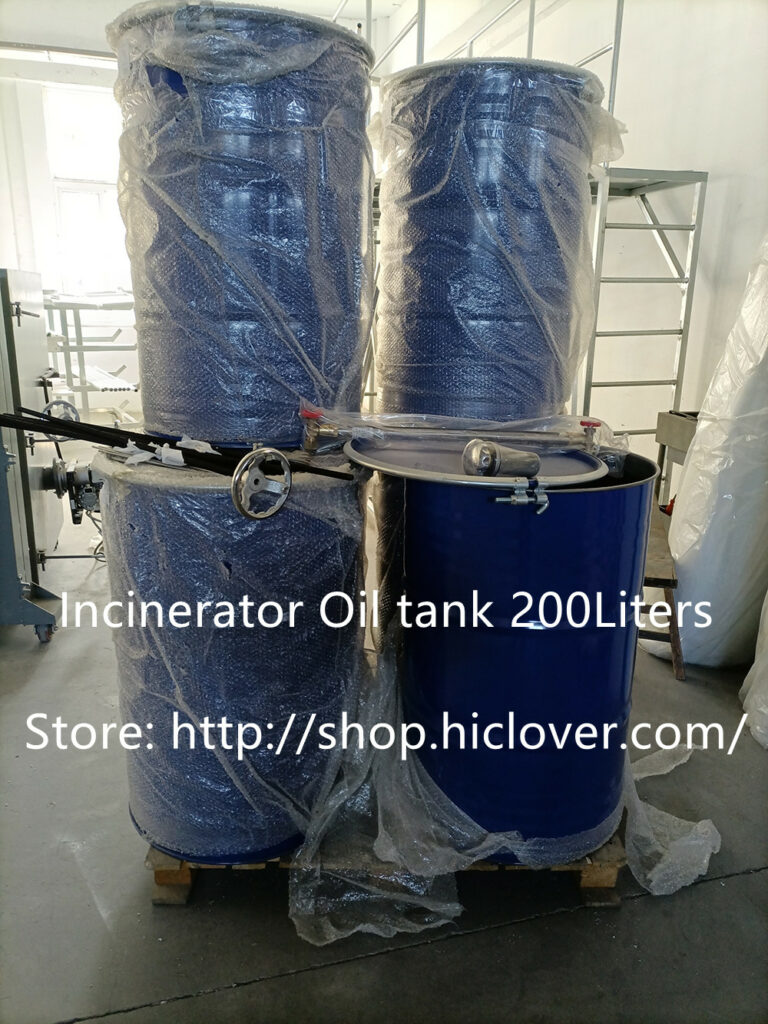Incineration is a popular waste management method used to reduce the volume of waste and generate energy. However, the burning of different types of waste in incinerators can have detrimental effects on the environment and human health.
One major concern with incineration is the emission of air pollutants. When organic waste such as food scraps and paper is burned, it releases carbon monoxide, nitrogen oxides, and volatile organic compounds into the atmosphere. These pollutants can contribute to the formation of smog and can have serious health impacts, including respiratory problems and cardiovascular diseases.
In addition, burning plastics and other synthetic materials can release toxic chemicals such as dioxins and furans into the air. These pollutants are known to be carcinogenic and can have long-term effects on human health. Furthermore, heavy metals such as lead, mercury, and cadmium can also be released during the incineration of electronic waste and batteries, posing a risk to human health and the environment.
The environmental impacts of burning waste in incinerators extend beyond air pollution. Incineration generates ash, which often contains heavy metals and other hazardous substances. If not properly managed, this ash can contaminate soil and water, posing a threat to ecosystems and human health.
It’s also important to consider the impact of incineration on climate change. While incinerators can generate energy from the burning of waste, they also release carbon dioxide, a greenhouse gas that contributes to global warming. In fact, some studies have shown that incineration can produce more greenhouse gas emissions per unit of energy generated compared to traditional fossil fuels.
To address these concerns, many countries have implemented strict regulations and technological advancements to minimize the environmental and health impacts of incineration. For example, modern incinerators are equipped with pollution control devices such as scrubbers and filters to reduce the emission of harmful pollutants. Additionally, the ash generated from incineration is often treated and disposed of in specialized landfills to prevent contamination of the environment.
In conclusion, while incineration can be an effective waste management method, it’s essential to consider the environmental and health impacts of burning different types of waste in incinerators. Stricter regulations and the use of advanced technologies are crucial to minimize the release of harmful pollutants and mitigate the negative effects of incineration on the environment and human health. Furthermore, efforts should be made to promote waste reduction, recycling, and sustainable alternatives to incineration to minimize the reliance on this waste disposal method.



